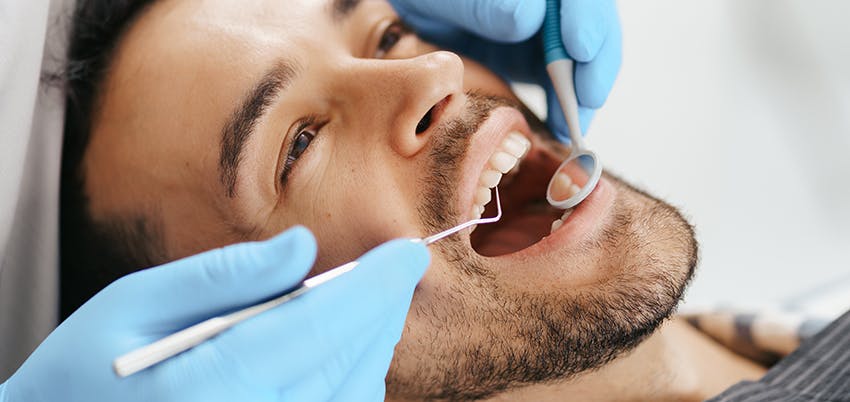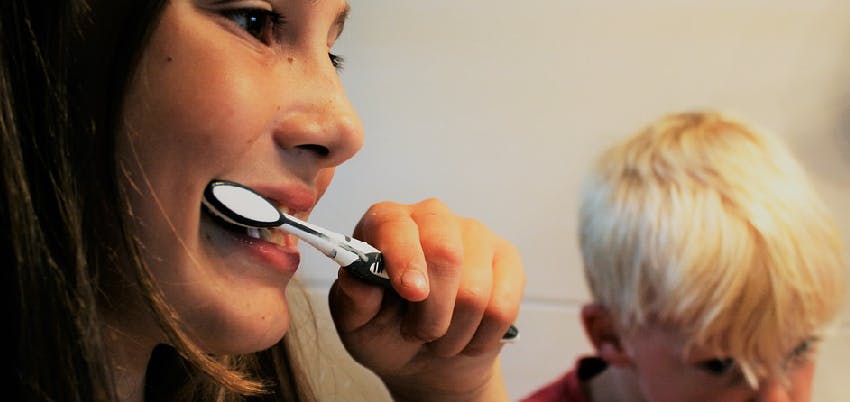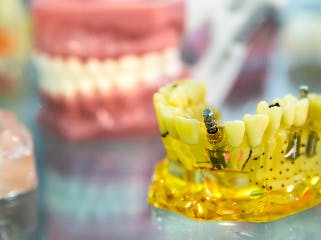
Neglecting your teeth can be very expensive
by Wildsmile
Losing a tooth is a process that takes time, and in many cases can be avoided with the necessary dental hygiene and care. Did you know that dental caries is the main cause of tooth loss in adults?
Fortunately nowadays there are many dental treatments whose purpose is precisely to save our teeth from extraction, however, the more you let the problem advance, the more difficult and expensive it will be to save your teeth. Avoid need the last treatments!
Proper oral hygiene at home
This step is the main method of preventing tooth loss. If you properly clean your teeth 3 times a day and floss (mainly at night) you will be protected and keep your mouth healthy. Brushing your teeth is also the cheapest treatment to prevent tooth loss.
Dental prophylaxis
This type of dental cleaning is done exclusively in a dental practice every 6 months, where your dentist will not only remove the tartar accumulated on your teeth, but will also check that you do not have any dental cavities. He or she will usually advise you to have dental x-rays to detect cavities between the teeth, as sometimes these are very difficult to detect. Prices for a dental cleaning range from €40 to €80.
Small dental caries
These are cavities that do not go beyond the dentine, in other words, they remain in the enamel of the tooth. Your dentist will remove it with a dental drill and will cover the small hole with a resin or composite. This type of dental caries, if is not removed in time, can penetrate the enamel and reach the dentine. The cost to remove a small cavity is between 50€ and 80€.
Dental caries in dentine
As the name suggests, this is when the cavity is already in the dentine, so your dentist will need to do more wear on your tooth and you will need a larger resin or composite. The risk of requiring root canal treatment is low, but there is a possibility of needing it. Costs for dentin caries are between €60 and €150.
You may be interested in reading: DO YOU KNOW HOW YOUR DENTIST WILL TREAT YOUR DENTAL CARIES?
Dental inlays
When the caries is already very large or deep, it can no longer be covered with resin or composite, but with other materials such as palladium silver, gold or porcelain. Inlays require 2 visits to the dentist's office, one is to perforate the tooth and take an impression to send it to the laboratory, as it is a custom-made piece. The second visit is to place the inlay. As it is a longer and more complicated treatment the costs range between 110€ and 290€. The risk of needing a root canal is medium.
Dental crowns
These are used when the natural enamel of the teeth is no longer present and must be covered with a crown. To place them, the entire surface of the enamel around the tooth is reduced and then covered with the crown. The materials used in the crowns can be zirconium, ceramic, metallic, lithium disilicate, etc. The average cost is between €300 and €500. The risk of needing a root canal after submitting to a crown treatment is medium to high.
Post crowns
When your teeth have already received a root canal treatment, you will inevitably need a post crown, which is a small metal bar that holds the core of the crown in place. For this your dentist will ask you to avoid eating any hard foods, as the post crown is the last step in the removal of a tooth. The average cost is between 400€ and 900€.
Related post: TYPES OF DENTAL CROWNS: BENEFITS AND PRICES
Dental extraction and dental implant
Dental extraction is the procedure where the tooth that can no longer be in the mouth is removed. Once the extraction has been done, it is highly recommended to replace the natural tooth with a dental implant. Dental implants are artificial teeth custom-made and are attached to the jawbone by a screw. The average cost of this treatment is between €1200 and €1500.
You may be interested in reading: DENTAL IMPLANTS, WHAT ARE THEY?
It is very important to be reminded that if we neglect our oral health, the problems in the future will be many, as well as costly, because depending on the problem it will cost us a lot of money. Remember that prevention is the solution: visit your dentist twice a year and brush your teeth 3 times a day. With these two simple tips you will avoid spending a lot of money in the future and losing a tooth.
Want to learn more about this?
Contact us
Your contact request is registered. We will contact you as soon as possible.
Lorem ipsum dolor sit amet, consectetur adipisicing elit. Adipisci alias aliquid amet commodi dolor, dolore doloremque dolores fugit quod repellat.
 POR
POR
 ENG
ENG






